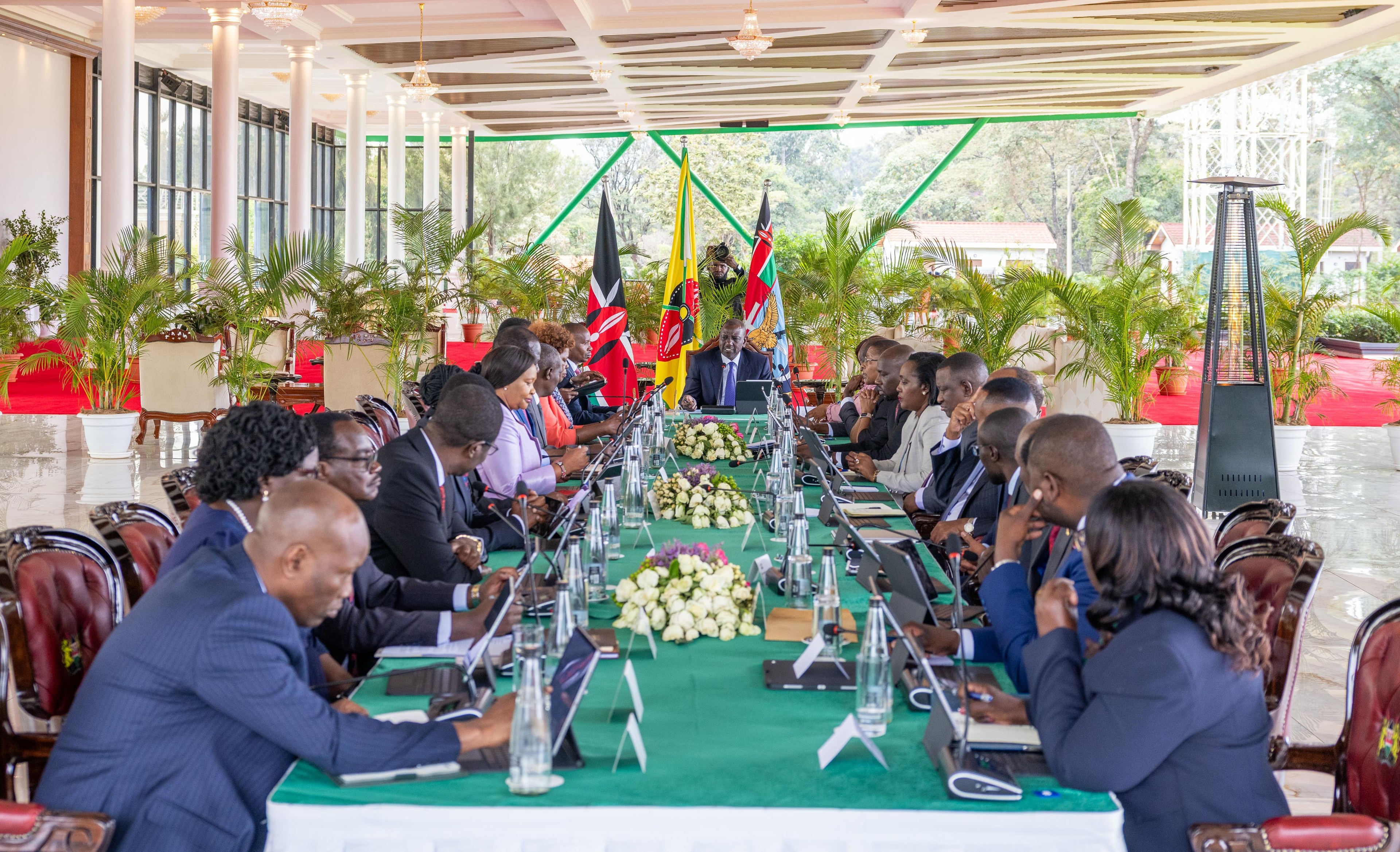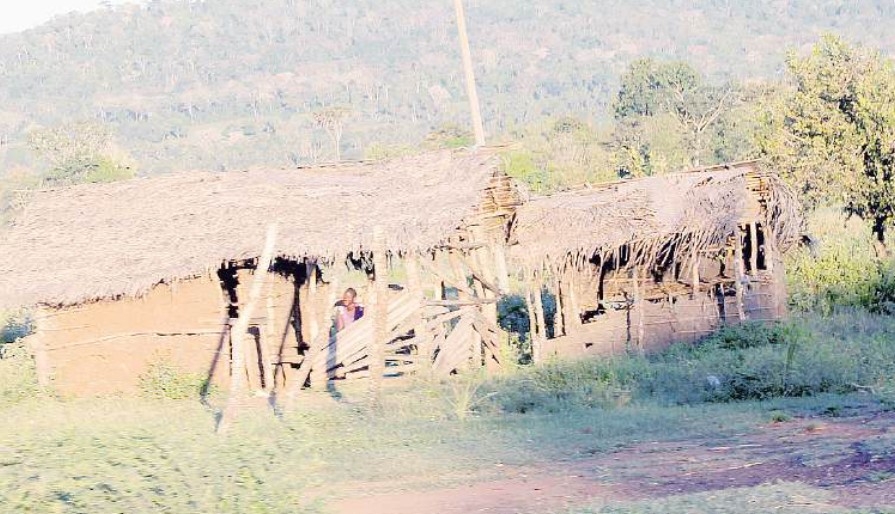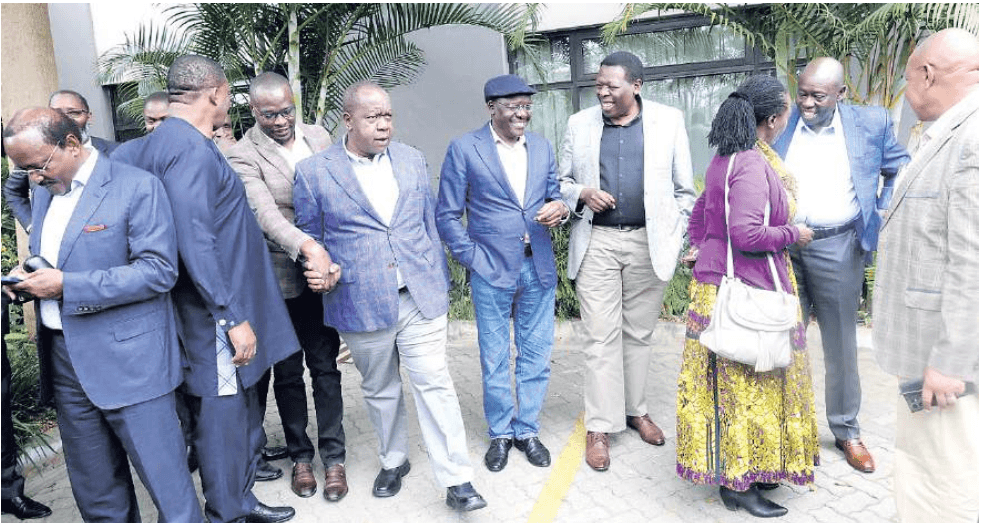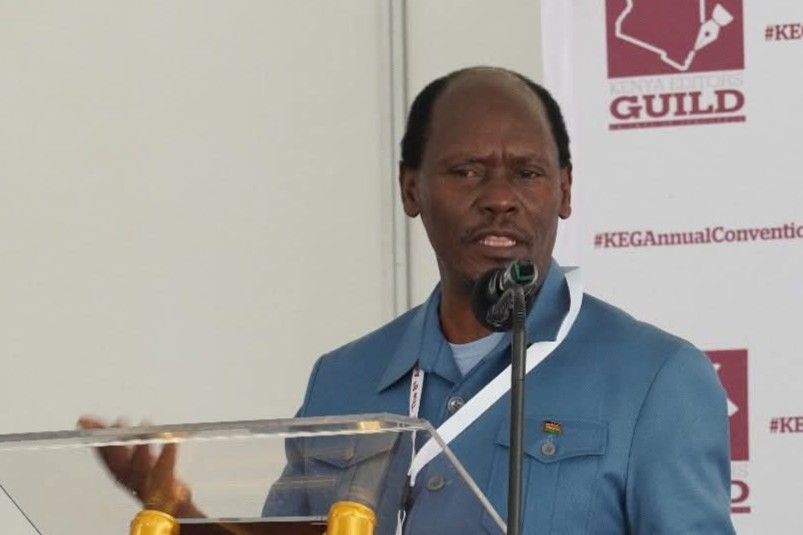

What began as a routine mediation meeting among Maasai elders on July 31, 2010, to settle a long-standing land dispute between three families ended in the death of one man.
Years later, a legal battle reached the Court of Appeal, and the case would eventually affirm the acquittal of two men once charged with murder.
The events unfolded in Naroosura reserve, Narok South, where elders were presiding over a land feud involving the Kasai, Kudate and Diareen families.
In attendance were members of the affected families, including the late Elijah Liaram and the accused, Kool Kudate and Menti Kudate.
The calm atmosphere of the gathering quickly turned volatile, and within minutes of the elders' verdict, violence erupted.
What followed was a deadly melee, with conflicting accounts about who struck whom and who bore responsibility for the tragic death.
Verdict that sparked violence
According to the testimonies presented during the trial at the Nakuru High Court, the elders ruled that none of the contesting families had rightful ownership of the disputed land.
This decision seemingly did not sit well with everyone present.
Three witnesses told the court they were at the scene and saw the fatal blow being struck.
One witness testified that immediately after the elders announced their decision, Elijah Liaram stood to speak.
“As he began to talk, Kool Kudate stood up and hit him with a rungu [club] on the head. He fell down,” he said.
The second witness echoed this account, stating that the deceased had supported the elders' decision.
“That’s when Kool stood and hit him with a rungu,” the witness added.
Another witness’s account introduced a more coordinated assault, claiming both accused persons played a role in the attack.
“Menti held the deceased while Kool hit him on the head with a rungu,” the witness said, adding that Liaram collapsed and became unconscious.
The victim was rushed to hospital for treatment. He died while undergoing care.
Defendants dispute the story
When called to defend themselves, both Kool and Menti denied responsibility for Liaram's death.
Kool acknowledged being present at the meeting but painted a completely different picture of what happened.
He testified that after the verdict was read, it was Liaram who attacked him.
“He hit me on the head with a rungu,” Kool said, presenting a treatment card, which confirmed that he had sustained a head injury that required stitches.
Menti also denied assaulting the deceased. He told the court that during the chaos that ensued, he saw Liaram strike Kool from behind.
“We rushed Kool to the hospital,” he said, adding that Kool remained at home recovering and was only arrested seven months later — a delay the defence portrayed as suspicious and inconsistent with justice.
Defence witnesses back up the claim
Two additional witnesses appeared in court to support Kudates’ version of events. Both testified that it was Liaram who initiated the attack and struck Kool on the back of the head during the confusion.
Trial court rules in their favor
High Court Judge M Odero, who presided over the trial, concluded that the Kudates’ account was consistent and unshaken.
“It would appear that this was not a situation where the two accused persons launched an unprovoked attack on the deceased,” the judge ruled.
“The witnesses have all stated that a fracas arose after the Maasai elders rendered their verdict on a land dispute. People were all fighting, and Maasai men ordinarily carry swords and clubs on their person.”
The judge noted the challenge of pinpointing exactly who struck the fatal blow in such a volatile and culturally unique setting.
“The 1st accused (Kool) has proved that he was also injured during the melee. As such, I find that the actus reus of the offence of murder has not been proved beyond reasonable doubt. I enter a verdict of 'Not Guilty' and acquit both accused,” the ruling stated.
Actus reus is an action or conduct which is a constituent element of a crime, as opposed to the mental state of the accused.
State challenges the decision
Unhappy with the outcome, the Director of Public Prosecutions appealed the acquittal at the Court of Appeal in Nakuru.
The appeal was based on several grounds, including the claim that the trial court had ignored critical eyewitness testimonies and improperly evaluated the evidence.
During the hearing on February 25, 2025, State counsel argued that the ingredients of murder had been clearly established through the consistent testimonies of the prosecution witnesses.
Defence says evidence was unreliable
In response, defence counsel argued that the eyewitness accounts were contradictory and unreliable.
The lawyer specifically pointed to discrepancies in the first witness’s testimony, noting that he changed his account between examination-in-chief and cross-examination.
For example, she said, the witness initially claimed that Kool struck the deceased, and he fell down immediately. However, in cross-examination, he said the deceased had a walking stick and that he went home to arm himself with a panga before returning to hear the verdict — suggesting a possible alteration of the timeline.
“Such contradictions render the prosecution's case doubtful,” the defense counsel said, adding that “even if the accused were likely guilty, that is not sufficient to convict.”
Court of Appeal weighs in
In its May 16, 2025, judgment, the Court of Appeal agreed with the High Court’s findings and dismissed the appeal.
“The presence of doubts, which in any event must be resolved in favour of the accused persons, justified an acquittal in the circumstances of this case,” ruled Justices Mohamed Warsame, John Mativo, and Mwaniki Gachoka.
The court cited well-established legal principles emphasizing the need for proof beyond reasonable doubt.
They referred to precedent cases, which affirmed the prosecution’s burden to prove guilt and the presumption of innocence for the accused.
“The reasonable doubt standard is indispensable to command the respect and confidence of the community,” the judges said, quoting a ruling in the US Supreme Court.
Final verdict
With the appeal dismissed, Kool Kudate and Menti Kudate remain free men — cleared of the murder charges they had faced since 2010.





![[PHOTOS] Ruto present as NIS boss Noordin Haji's son weds](/_next/image?url=https%3A%2F%2Fcdn.radioafrica.digital%2Fimage%2F2025%2F11%2Ff8833a6a-7b6b-4e15-b378-8624f16917f0.jpg&w=3840&q=100)











